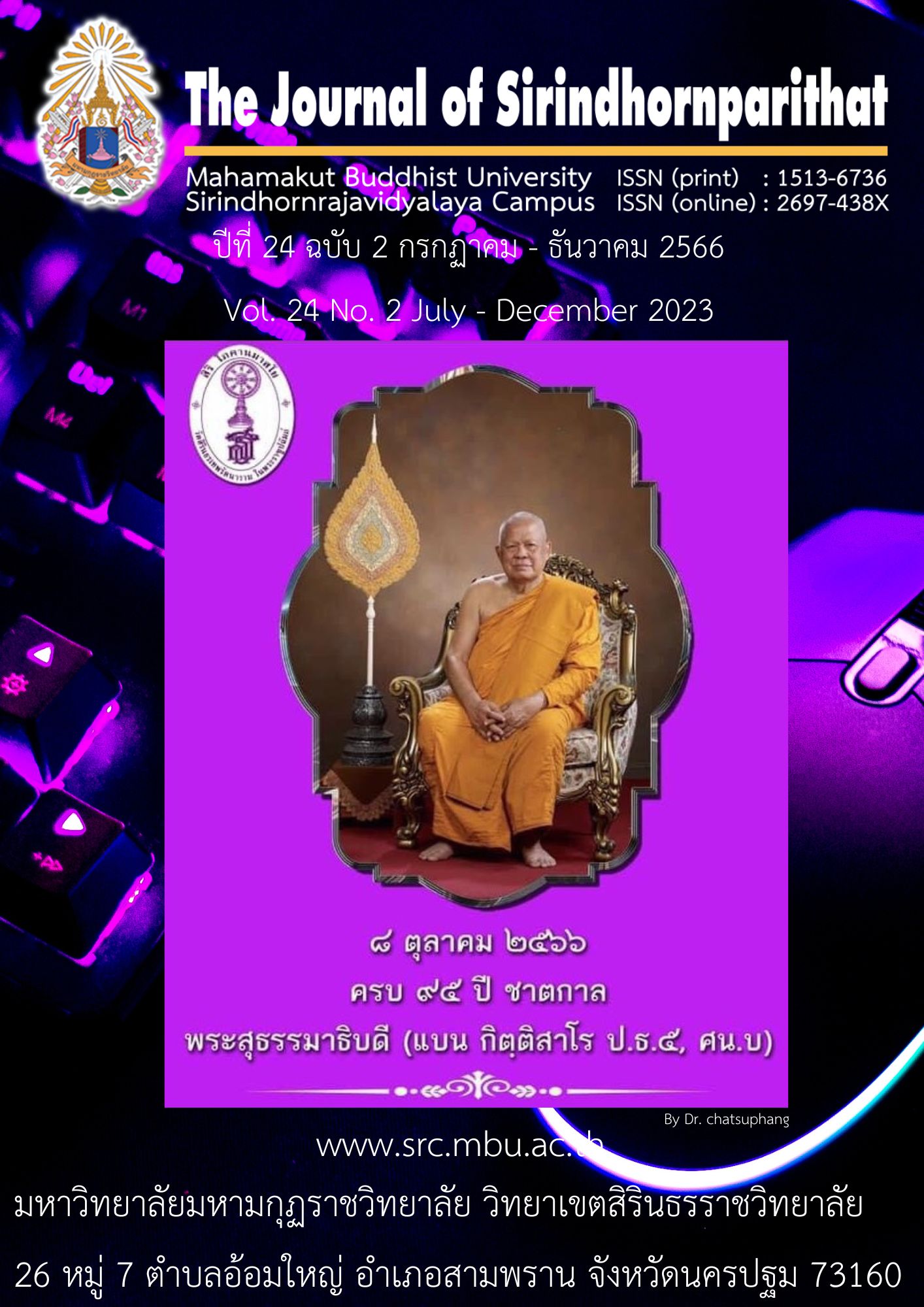Construction of Incentive Paths for Dance Teachers in Colleges and Universities-An Empirical Study from Hunan, China
Keywords:
Career Incentive, Incentive Path, Dance TeachersAbstract
College teachers play an irreplaceable role in higher education. The issue of university teachers' motivation has always been a research hotspot in academia. This research focuses on the mobilization of the enthusiasm and initiative of dance teachers in colleges and universities. It is very important for the sustainable development of school dance discipline. This article uses incentive theory to design questionnaires and conducts empirical research through survey data. The research tries to find out the relevant factors that affect the job satisfaction and job performance of dance teachers in colleges and universities. The study found that salary packages, promotion opportunities and work environments are related positively to work performance. Job satisfaction has a positive and significant impact on job performance. At the same time, the factors affecting teacher job satisfaction are more complicated. Combined with targeted interviews, the thesis tries to construct an incentive path and system for college dance teachers through a reasonable salary system, a scientific training model, a complete evaluation system and an effective competition mechanism.
References
Zhang G.L. (2019). Ministry of Education: China is about to enter the stage of popularization of higher education. Retrieved from http://edu. people.com.cn/n1/2019/0227/c1006-30904726.html.
Yuan Y. (2018). The Enlightenment of Us Dance Higher Education Philosophy, System and Mechanism for China. Journal of Chaozhou College, 20(3/2): 160.
Hou, G.M.& Li, C.J. (2002). Modern Management Incentive and Constraint Mechanism. Higher Education Press: Beijing City, China.
Maslow, A.H. (1943). A Theory of Hunan Motivation. Psychological Review, (50): 370-396.
Frederick, Herzberg. (1959). Herzberg's Two-Factor Theory (Zhan Zhang Trans.). China Renmin University Press: Beijing, China.
Wang, L. (2015). McClelland: Founder of Achievement Motivation Theory. Electricity & Culture Today, (5): 86-87.
Alderfer, C.P. (1969). An Empirical Test of a New Theory of Human Needs Organizational. Behavior and Human Performance, (4): 142-175.
Vroom. V. H. (1964). Work and Motivation. New York: Wiley.
L. W. Porter & E. E. Lawler. (1968). Managerial Attitudes and Performance. Irwin-Darsey.
Ouchi, William. (2007). Theory Z (Zhu, Y.B., Trans.). China Machine Press: Beijing City, China.
Senge, P. M. (2009). The Fifth Discipline-The Art & Practice of the Leaning Organization (Zhang, C.L., Trans.). China CITIC Press: Beijing, China.

Downloads
Published
Issue
Section
License
Copyright (c) 2023 Mahamakut Buddhist University

This work is licensed under a Creative Commons Attribution-NonCommercial-NoDerivatives 4.0 International License.
บทความที่ได้รับการตีพิมพ์เป็นลิขสิทธิ์ของ มหาวิทยาลัยมหามกุฏราชวิทยาลัย วิทยาเขตสิรินธรราชวิทยาลัย
ข้อความที่ปรากฏในบทความแต่ละเรื่องในวารสารวิชาการเล่มนี้เป็นความคิดเห็นส่วนตัวของผู้เขียนแต่ละท่านไม่เกี่ยวข้องกับหาวิทยาลัยมหามกุฏราชวิทยาลัย วิทยาเขตสิรินธรราชวิทยาลัย และคณาจารย์ท่านอื่นๆในมหาวิทยาลัยฯ แต่อย่างใด ความรับผิดชอบองค์ประกอบทั้งหมดของบทความแต่ละเรื่องเป็นของผู้เขียนแต่ละท่าน หากมีความผิดพลาดใดๆ ผู้เขียนแต่ละท่านจะรับผิดชอบบทความของตนเองแต่ผู้เดียว



